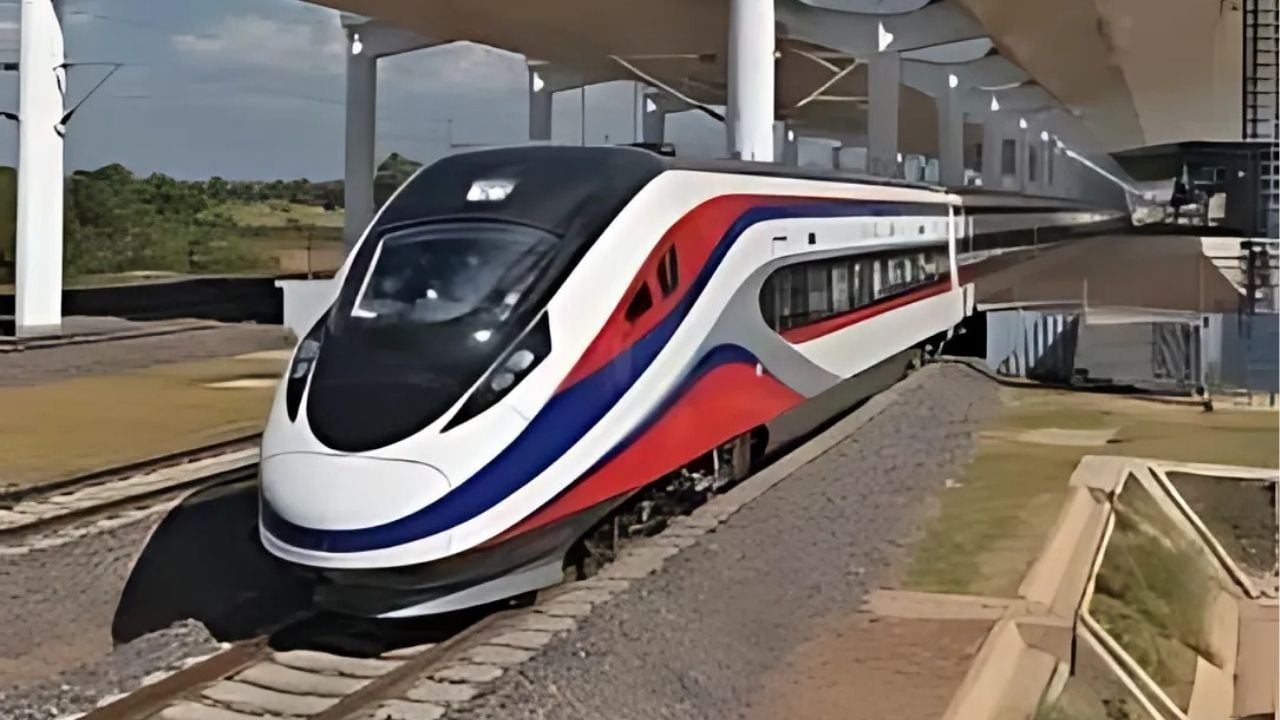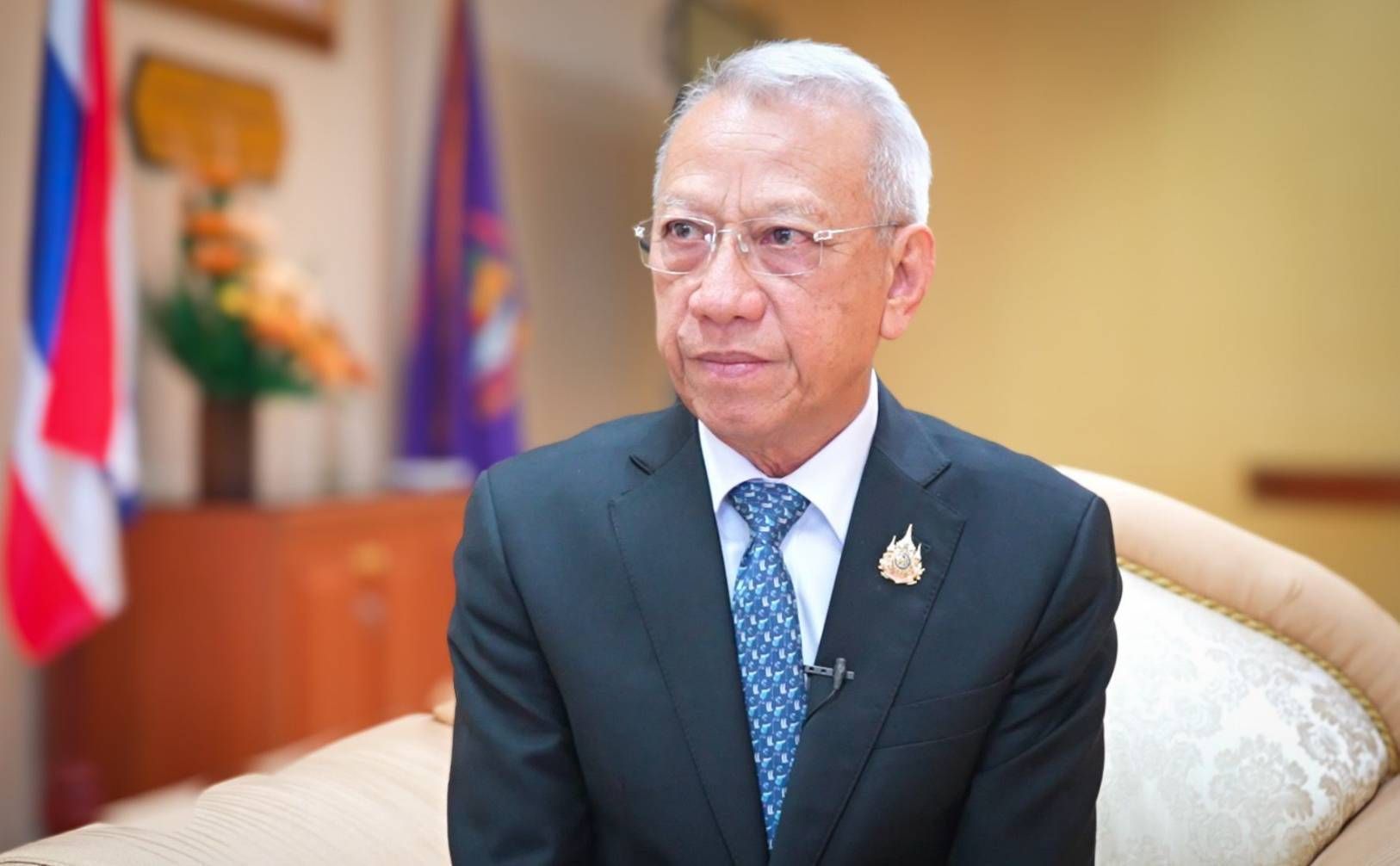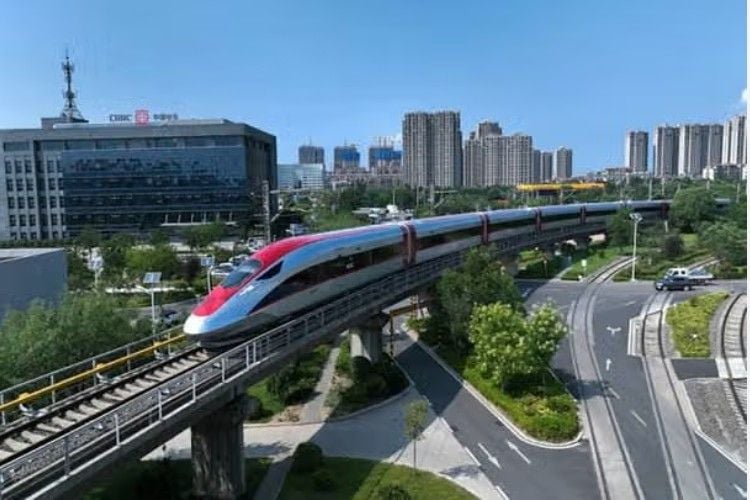Thai-China rail delays pile up as minister faces tough test
Stalled contracts and heritage disputes put pressure on officials

Thailand’s high-speed rail project is facing fresh delays as the new transport minister takes charge of stalled contracts and unresolved heritage concerns.
Thailand’s long-awaited China-backed high-speed rail project is once again facing delays, forcing the new Transport Minister Phiphat Ratchakitprakarn to step in as pressure mounts to push the scheme forward.
The project, first launched with a groundbreaking ceremony at Chiang Rak Noi, Ayutthaya, in December 2015, was billed as a game-changer for regional connectivity. A decade on, progress remains painfully slow.

Phase 1 of the project covers the Bangkok–Nakhon Ratchasima route, stretching 253 kilometres with a budget of 179.41 billion baht. Out of 14 contracts, only two have been completed, 10 are underway, and two remain stalled.
The first problematic deal, Contract 4-1 (Bang Sue–Don Mueang, 15.21 km, 9.21 billion baht), overlaps with CP Group’s high-speed link connecting the three airports: Don Mueang, Suvarnabhumi, and U-Tapao. Work has been suspended until a revised joint investment agreement can be finalised.
The second, Contract 4-5 (Ban Pho–Phra Kaew, 13.3 km, 9.91 billion baht), has hit a bigger roadblock. Concerns that the planned Ayutthaya station could impact UNESCO heritage sites have led the original contractor, Boonchai Panich (1979) Co Ltd, to walk away. The State Railway of Thailand (SRT) is now preparing a fresh tender.

Despite the setbacks, SRT is already preparing to launch Phase 2, stretching 357.12 kilometres from Nakhon Ratchasima to Nong Khai, with a budget of 341.35 billion baht. The Cabinet gave the green light in February this year, and officials hope to open bidding before the year ends. Completion is targeted for 2031.
Transport watchers say the success of Phase 2 will depend on how quickly the government can resolve heritage concerns and finalise outstanding contracts, reported The Nation.
“The delays highlight the complexity of balancing development with cultural preservation and private investment.”
If completed, the high-speed line would form part of a regional network linking Bangkok to Laos and China, promising faster travel and expanded trade opportunities.
Latest Thailand News
Follow The Thaiger on Google News:


























